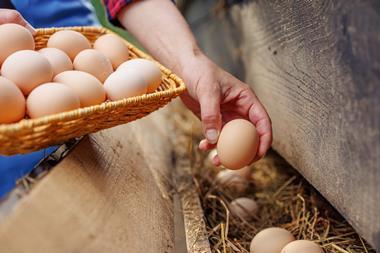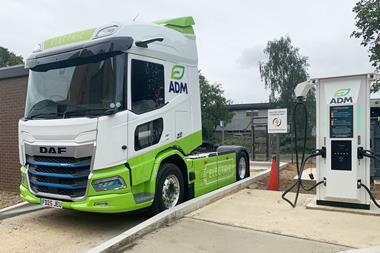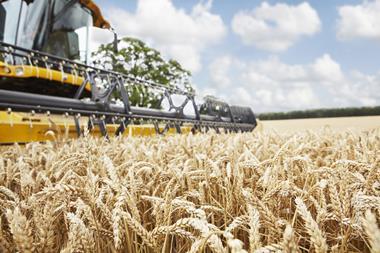A no-deal Brexit could see the UK import billions of eggs from battery hens, the British Egg Industry Council (BEIC) and Compassion in World Farming (CIFW) have warned.
The organisations said that the UK Government has so far refused to confirm tariffs will be put in place on foreign eggs and egg products, potentially “opening the floodgates” for the import of eggs produced in barren battery cages that were banned in the UK in 2012.
As such, they are urging the government to offer the same “robust protection” it has pledged to provide for lamb, pork, beef, poultry and dairy in order to safeguard the British farming industry.
“It would be a national disgrace if the government were to remove tariffs to allow eggs into this country which do not meet even the most basic of welfare standards,” said BEIC chairman Andrew Joret, who also raised concerns over food safety.
“The BEIC keeps a global list of issues associated with eggs from other countries and we’ve almost lost count of the number we’ve seen which could put consumer safety at risk – everything from salmonella to Fipronil. We also need to ensure UK consumers are protected from this.”
In 2017 products including bakery mixes and liquid egg were withdrawn from sale in the UK as a precautionary measure following a widespread fipronil contamination scandal. As a result, British Lion Egg Processors called for random testing of imported eggs and egg products.
“We urge the government in the event of a no-deal Brexit, to place tariffs on imported eggs, otherwise eggs – and particularly egg products – from battery hens could flood into the UK, undermining our farmers. If the Government fails to protect UK farmers from cheap, low-welfare imports, it will be impossible for it to honour its commitment to using Brexit to achieve gold standard levels of animal welfare,” added Peter Stevenson, chief policy advisor at CIWF.
Last month British Lion egg processors warned food businesses to brace themselves for a shortage of egg sandwiches and empty shelves post-Brexit, saying Britain would struggle to secure its supply when it left the EU on 29 March 2019, unless contingency plans were put in place.
































No comments yet